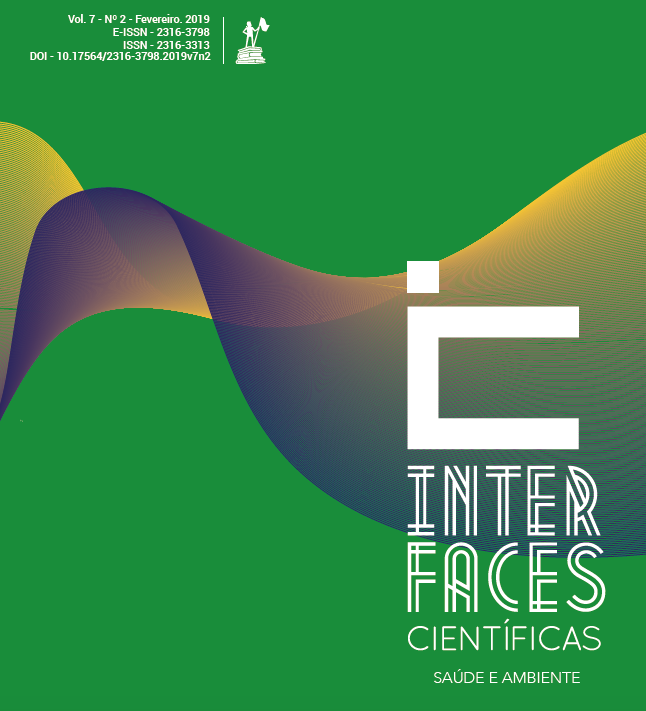CONTAMINATION OF LETTUCE BY PARASITES IN MUNICIPALITIES IN NORTHWESTERN RIO GRANDE DO SUL, BRAZIL
DOI:
https://doi.org/10.17564/2316-3798.2019v7n2p%25pPalavras-chave:
Enteroparasites, Vegetables, ParasitologyPublicado
Downloads
Downloads
Edição
Seção
Licença
Autores que publicam nesta revista concordam com os seguintes termos:
a. Autores mantêm os direitos autorais e concedem à revista o direito de primeira publicação, com o trabalho simultaneamente licenciado sob a Licença Creative Commons Attribution que permite o compartilhamento do trabalho com reconhecimento da autoria e publicação inicial nesta revista.
b. Autores têm permissão e são estimulados a distribuir seu trabalho on-line (ex.: em repositórios institucionais ou na sua página pessoal), já que isso pode gerar aumento o impacto e a citação do trabalho publicado (Veja O Efeito do Acesso Livre).




















